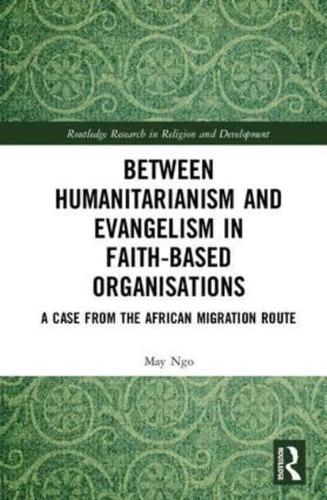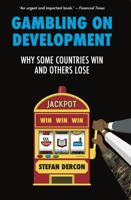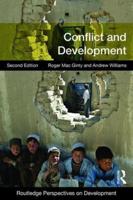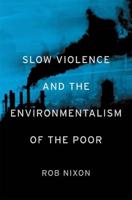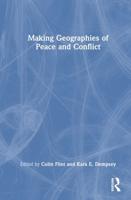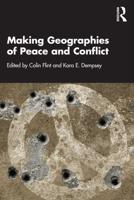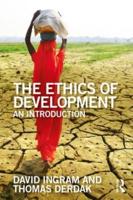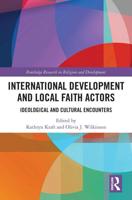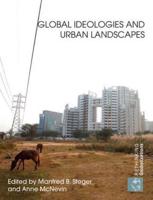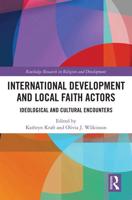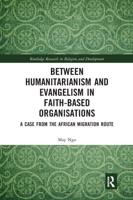Publisher's Synopsis
Religion has always played an important, if often contested, role in the public domain. This book focuses on how faith-based organisations (FBOs) interact with the public sphere, showing how faith-based actors are themselves shaped by wider processes and global forces such as globalisation, migration, foreign policy and neoliberal markets.
Focusing on a case study of an FBO in Morocco which gives aid to sub-Saharan African irregular migrants, the book reveals some of the challenges the organisation faces as it tries to negotiate at once local, national and international contexts through their particular Christian values. This book contends that the contradictions, tensions and ambiguities that arise are primarily a result of the organisation having to negotiate a normative global secular liberalism which requires a strict demarcation between religion and politics, and religion and the secular. Faith-based actors, particularly within humanitarianism, have to constantly navigate this divide and in examining the question of how religious values translate into humanitarian and development practices, categories such as religion, the secular and politics and the boundaries between them will need to be interrogated.
This book explores the diversity and complexity of the work of FBOs and will be of great interest to students and researchers working at the intersections of humanitarianism and development studies, politics and religion.
